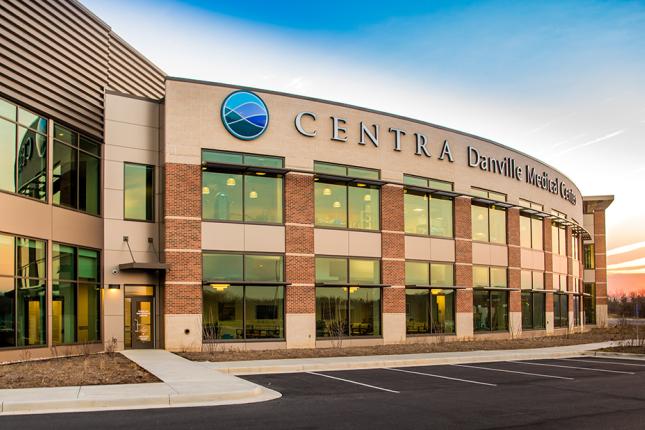Our approach to care
If your doctor is concerned that you may have a heart or vascular problem, they may recommend you have a heart imaging test.
Today’s cardiac imaging tests make it possible for us to find heart and vascular problems early, when they’re typically easier to treat. For example, imaging technology allows us to evaluate problems such as:
- Angina (chest pain)
- Arrhythmias (irregular heartbeat)
- Cardiac tumors
- Carotid artery stenosis
- Congenital heart problems, such as atrial septal defect
- Coronary artery disease
- Heart failure
- Heart valve disease
- Vascular disorders, including peripheral artery disease
The type and number of tests you’ll need depends on several factors, including the frequency and severity of your symptoms. Please note that these tests require an order from your doctor.
Cardiac imaging tests we offer
We regularly update our cardiac imaging equipment so you benefit from the most advanced technology on the market. Our services include:
- Echocardiograms. Uses sound waves (ultrasound) to create pictures of the heart’s chambers, valves and blood flow. We offer both pediatric and adult echocardiograms.
- Cardiac magnetic resonance imaging (MRI). This radiation-free procedure captures 3D videos of the heart in exceptional detail.
- Coronary CT angiograms. A noninvasive evaluation of the arteries that supply blood to your heart, to look for blockages (atherosclerosis).
- Nuclear studies. Uses a small, safe amount of radioactive material to measure blood flow to the heart (while at rest and during exercise). You should not have caffeine for 24 hours prior to this procedure.
- Stress echocardiograms (stress tests). A type of echocardiogram that takes pictures of the heart before and after exercise.
- Transesophageal echocardiography (TEE). This procedure combines ultrasound and endoscopy. A thin, hollow tube (endoscope) passed down your throat and esophagus takes pictures of your moving heart. You’ll receive a type of anesthesia called “conscious sedation” to keep you comfortable.
- Vascular studies. Uses ultrasound technology to look for clots or other blockages in your veins or arteries.
What Happens After Your Test
Your test results are key to determining which specialist you should see, and which treatments you’ll need. For most of the tests, you’ll receive your results within one week. A copy of your test results are also sent to your referring provider. Our team approach ensures that, when necessary, there are several doctors available to weigh in on your treatment plan. Together we tailor medical, surgical or interventional therapies to your unique risk factors, medical needs and personal preferences.



